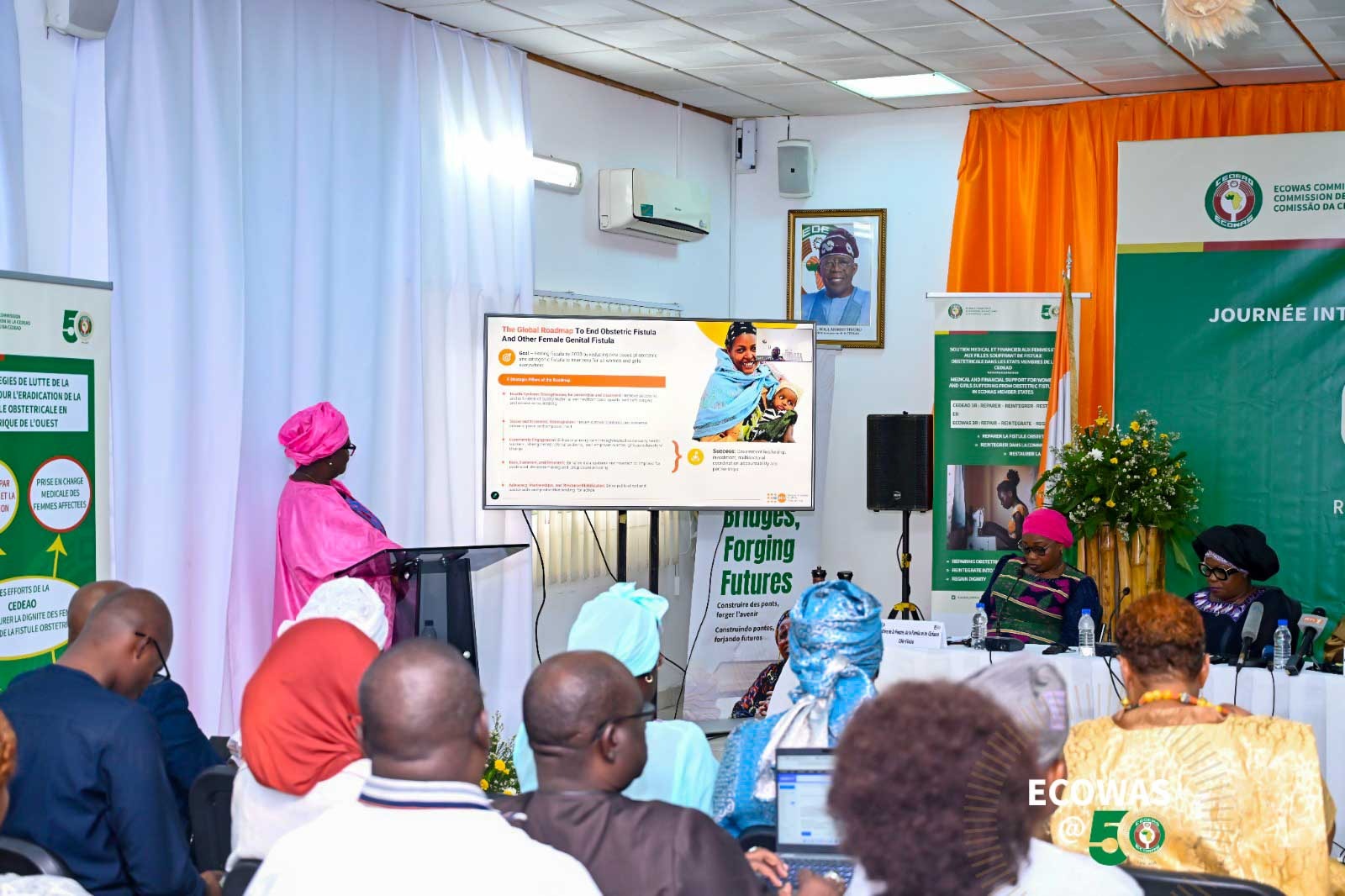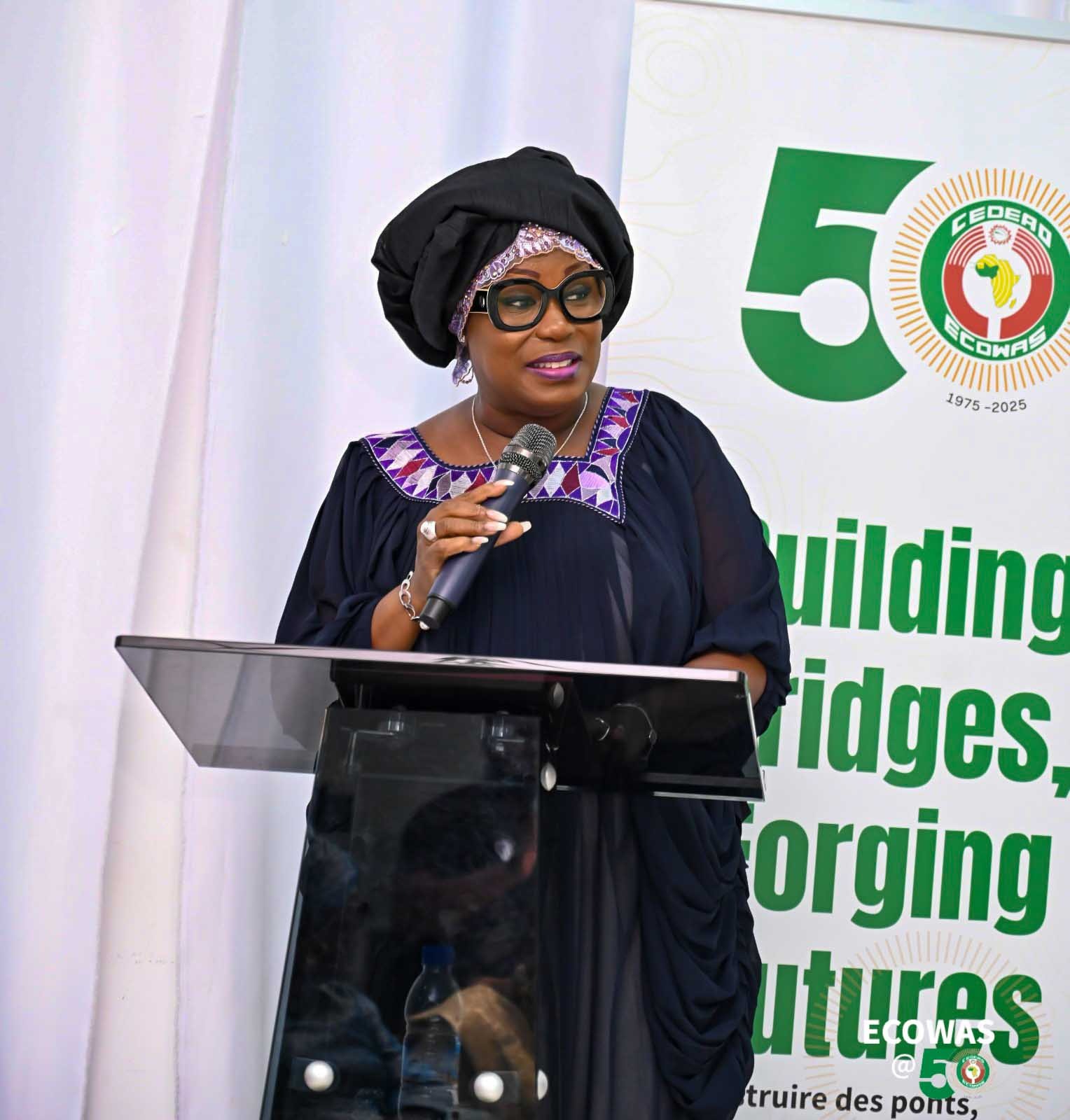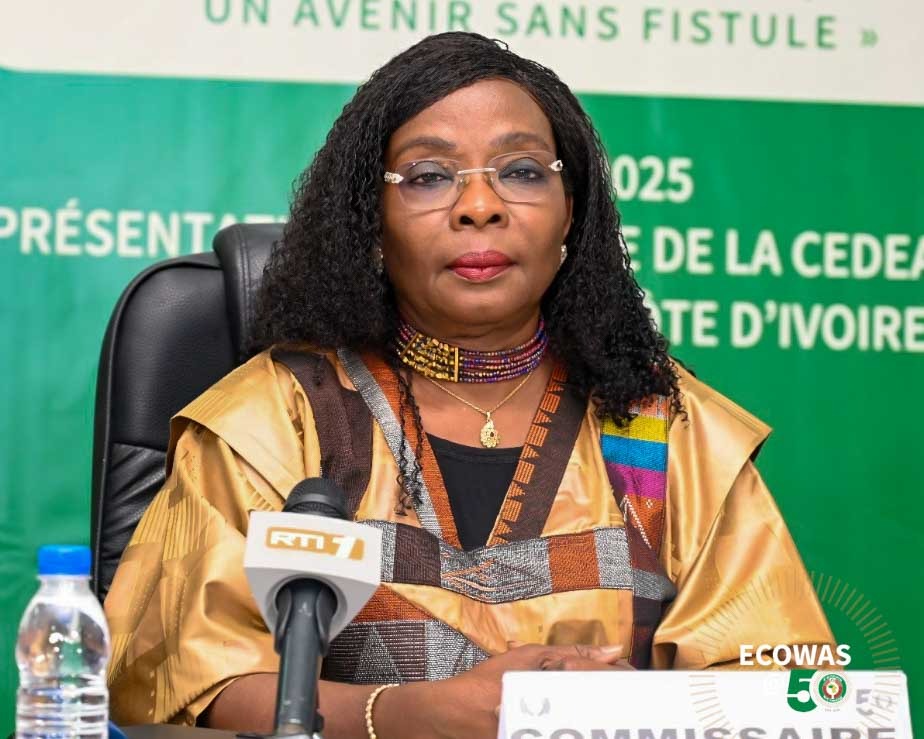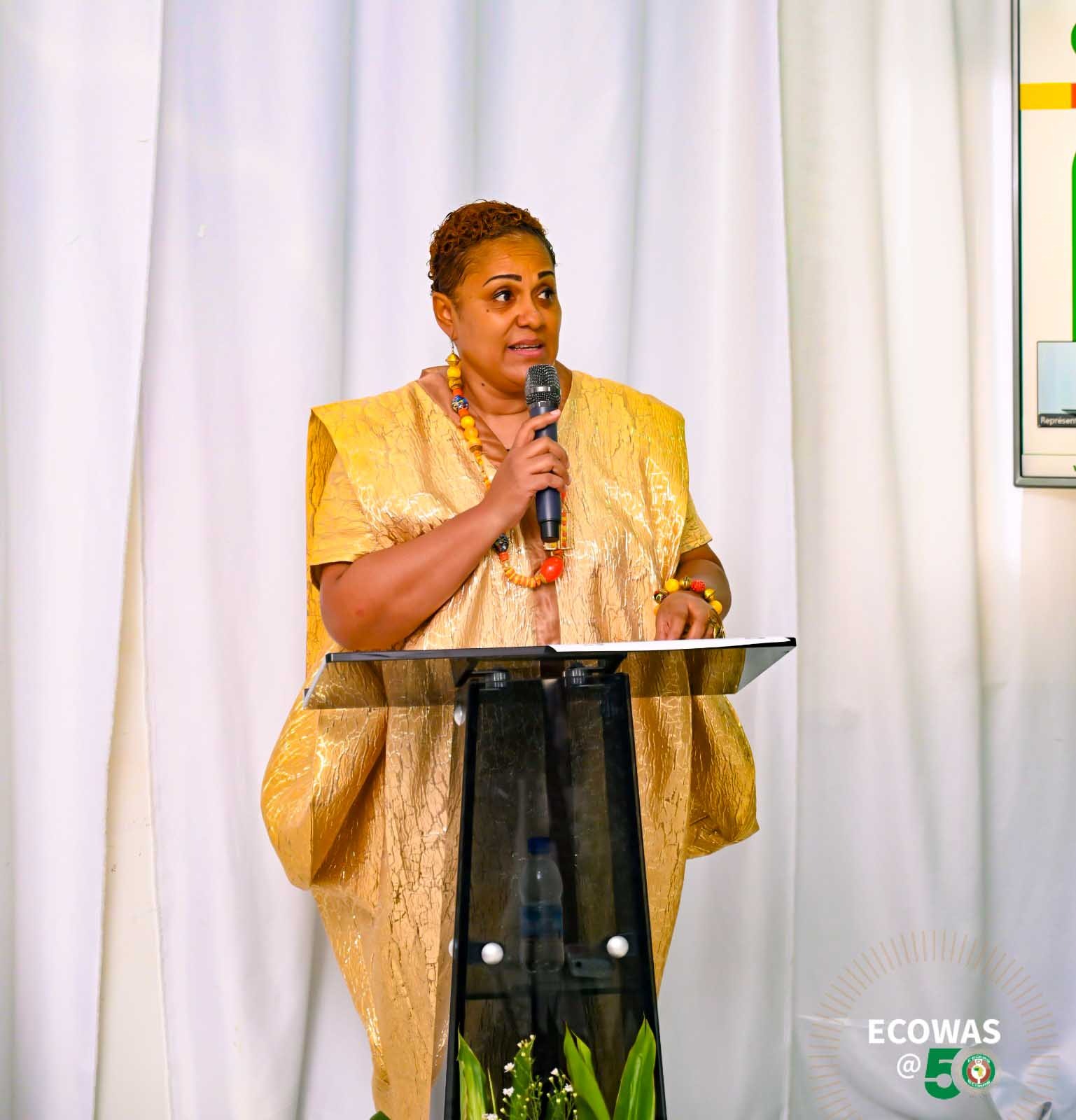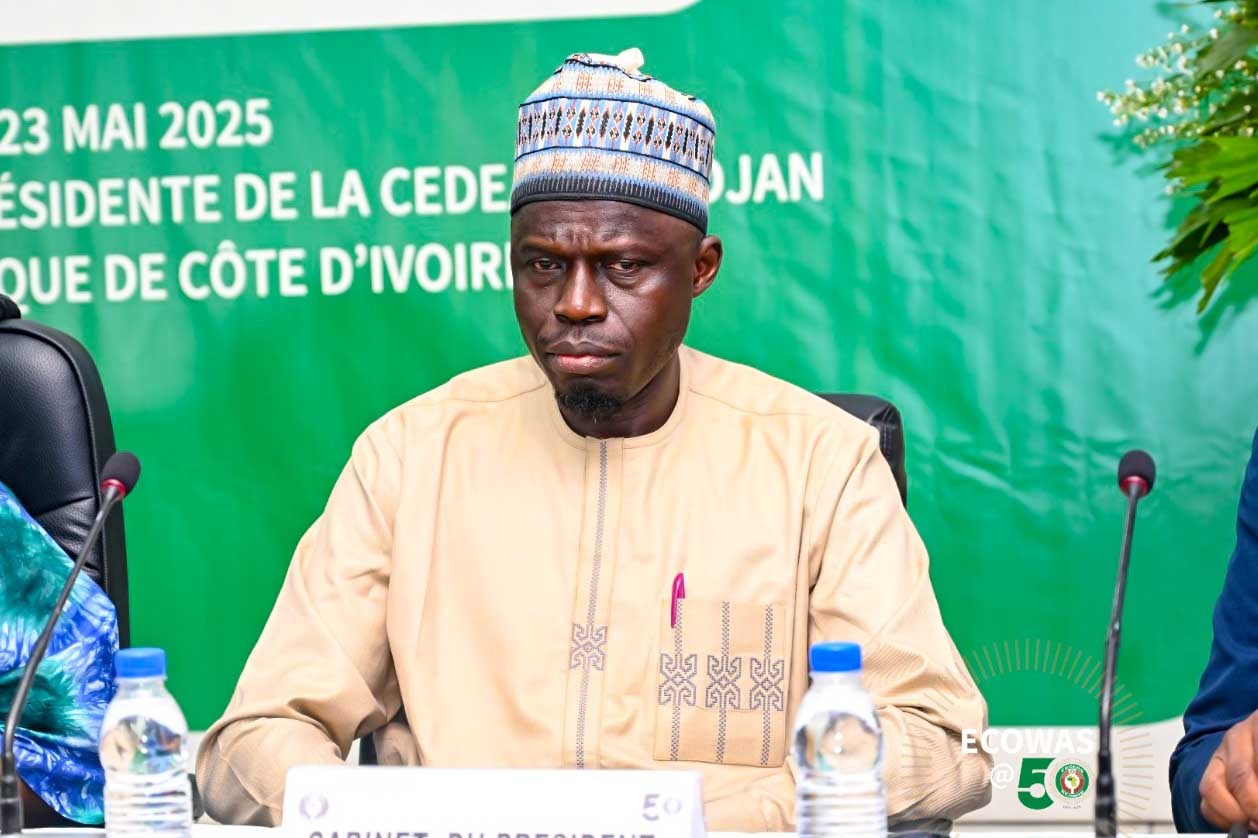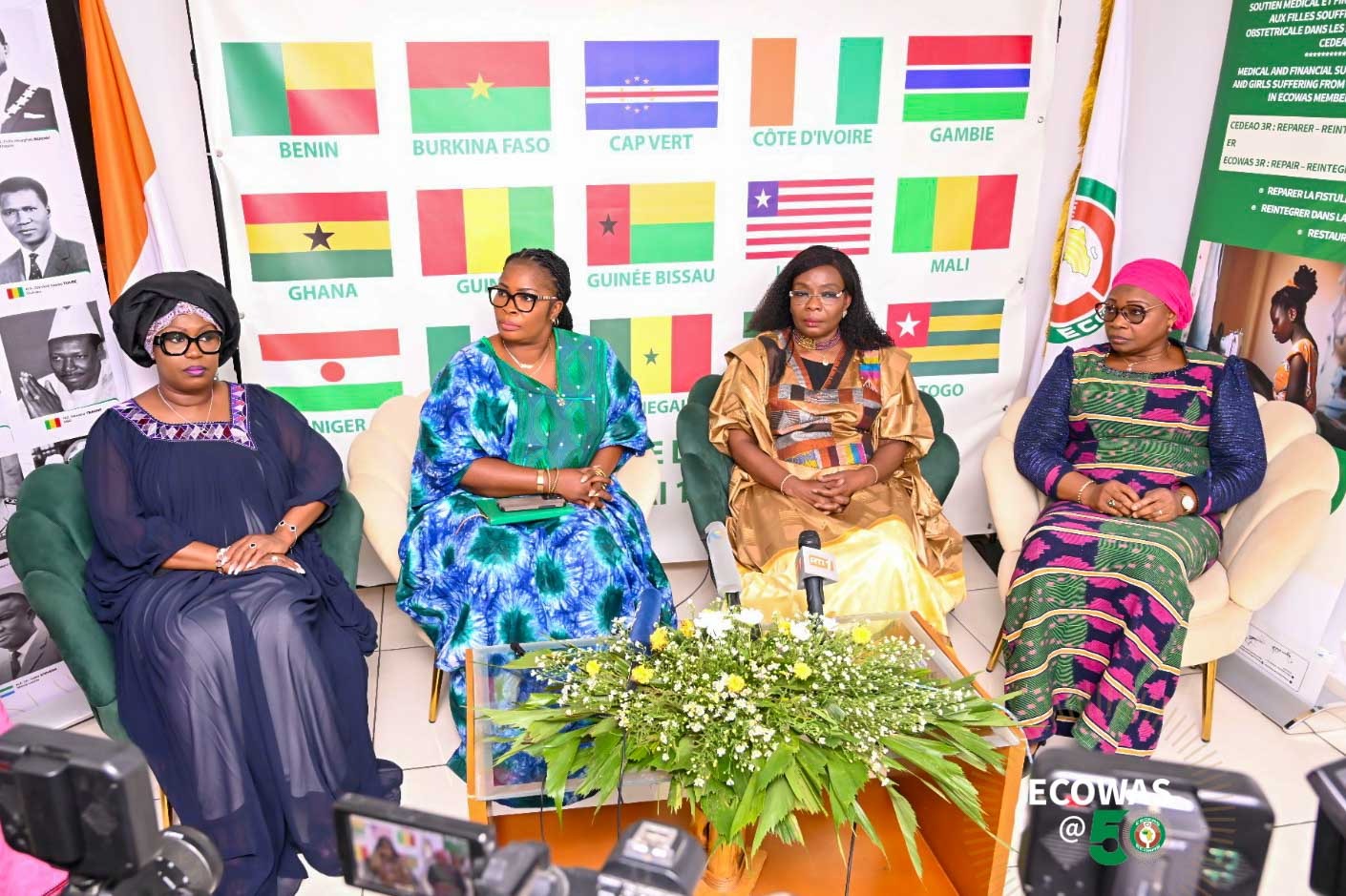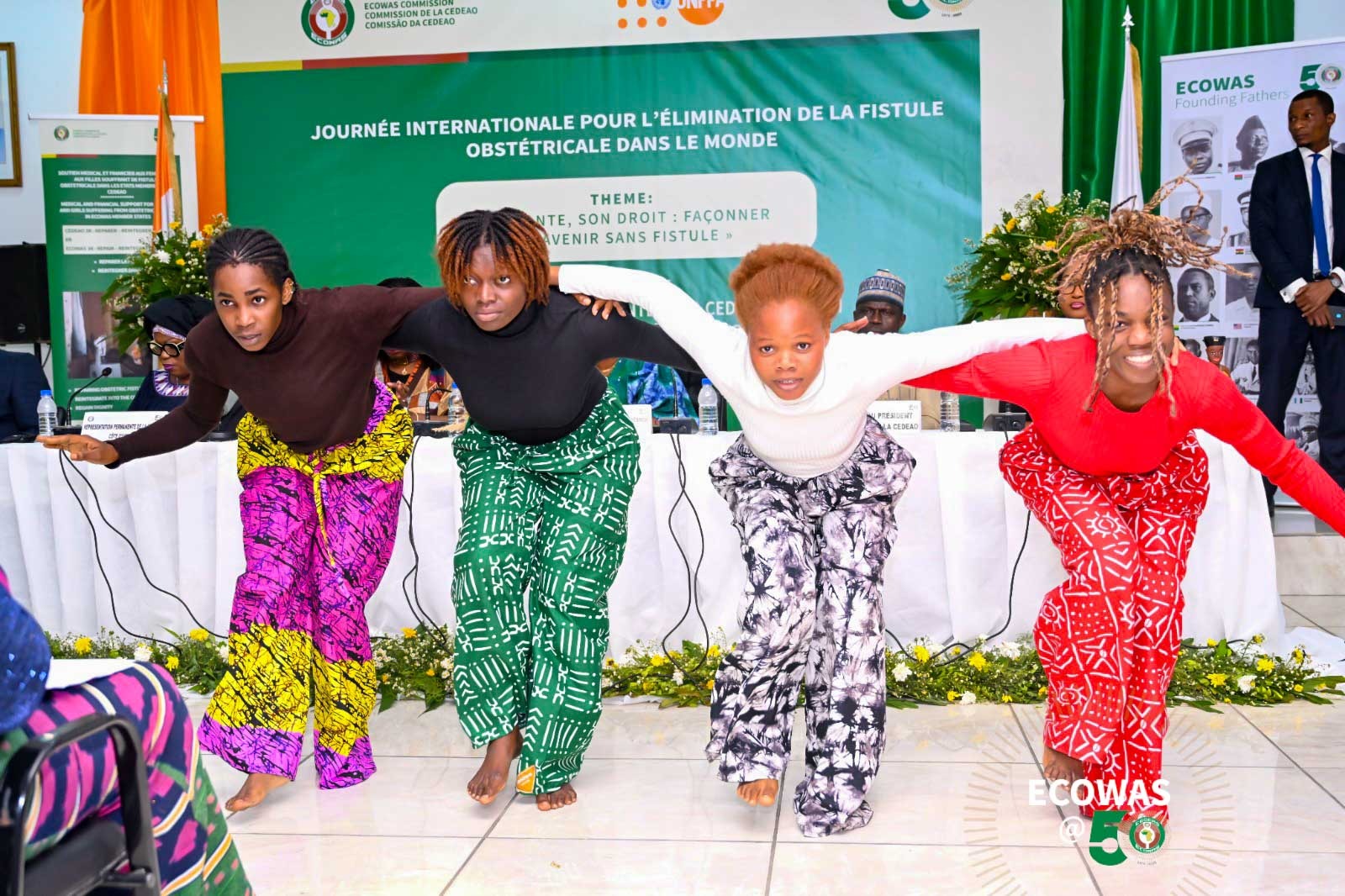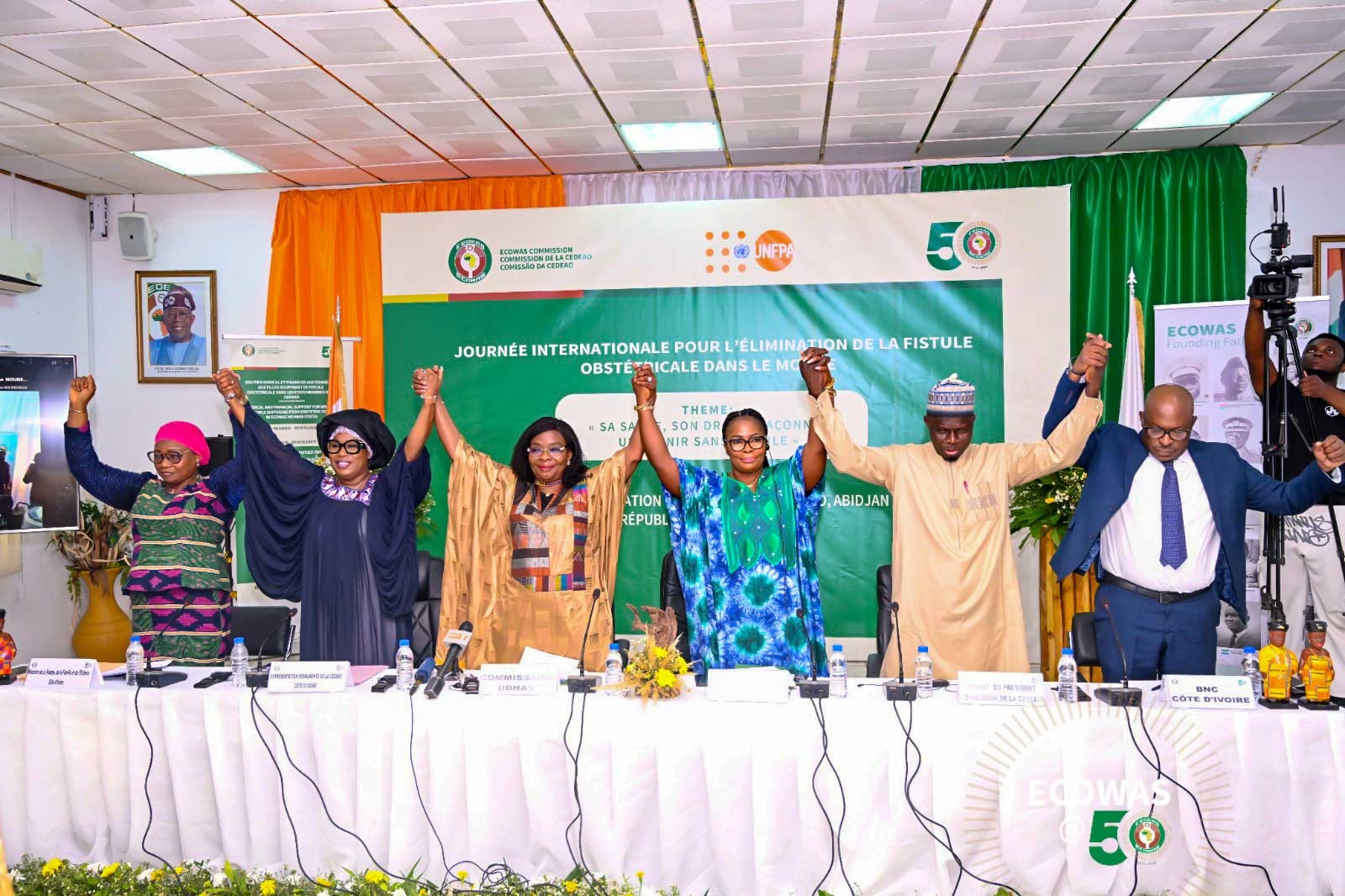ECOWAS Gender Development Centre (EGDC) in partnership with unfpa celebrates international day for the elimination of obstetric fistula worldwide and ecowas’ 50th anniversary
26 May, 2025On Friday 23 May 2025 in Abidjan, Côte d’Ivoire, ECOWAS, in partnership with UNFPA, celebrated the International Day for the Eradication of Obstetric Fistula and the 50th anniversary of the Economic Community of West African States (ECOWAS).
Obstetric fistula is a serious childbirth injury that affects two million women in low-resource settings, with 100,000 new cases each year. This double celebration marks ECOWAS’s commitment to women’s rights and to the fight against this pathology.
Through this collective mobilisation, ECOWAS intends to highlight the progress made thanks to a holistic approach to care: medical, psychological and socio-economic, and to engage with key regional health stakeholders to highlight the urgency of treating fistula and other childbirth-related injuries as part of the Global Health Agenda.
As a reminder, ECOWAS, through the ECOWAS Gender Development Centre (EGDC) took the initiative in 2010 to implement a large-scale programme of medical and financial support for women and girls suffering from obstetric fistula in ECOWAS Member States.
Prof. Fatou SOW SARR, Commissioner in charge of Human Development and Social Affairs at the ECOWAS Commission, stressed the need to adopt an integrated approach, based on human rights and guided by the principles of responsibility, participation, transparency, empowerment, sustainability, non-discrimination and international cooperation, while mobilising the necessary resources for coordinated action in the fight against fistula. She took the opportunity to thank all the partners involved in the fight against fistula, in particular Spanish cooperation, which is supporting the EGDC in a project aimed at strengthening the skills of medical staff and rehabilitating specialised units in four member states.
Ambassador Fanta Cissé, ECOWAS Resident Representative in Côte d’Ivoire, said that the results achieved by the EGDC in the fight against fistula “are promising. The prevalence of fistula has fallen in several countries in the region, from 32% to 29% in some member states between 2020 and 2021. This progress is attributed to the opening of specialised centres, the fight against early marriage and female circumcision, and the strengthening of the capacity of healthcare personnel”.
For her part, Dr Istata Mahois, Sierra Leone’s Minister for Gender and Children, welcomed the progress made in her country, where routine treatment has risen from 10% in 2010 to 80% for complex cases today. She noted, however, that the fight to eliminate fistula requires concerted action, and calls for the implementation of integrated strategies, the creation of a favourable legal framework and the elimination of all discrimination against affected women.
Two Member States, Côte d’Ivoire and Ghana, also shared their experiences in the fight against fistula. Their approach underlines the idea of no longer depending solely on one-off campaigns, but of guaranteeing permanent access to care for all the women concerned through a process of routinisation in the fight against fistula, which ECOWAS is encouraging to be adopted throughout the sub-region.
As it approaches its fiftieth anniversary with ECOWAS, the EGDC is going beyond its usual efforts to innovate in the area of women’s health through two structuring projects. The project to build units to manufacture sanitary towels and reusable nappies, in partnership with the West African Health Organisation (WAHO), aims to prevent teenage girls from dropping out of school and to provide appropriate solutions to the intimate needs of women suffering from obstetric fistulas and elderly women with urinary retention problems.
As for the Spanish Cooperation’s support to the EGDC in the fight against obstetric fistula, which targets four Member States (Côte d’Ivoire, Guinea-Bissau, Liberia and Senegal), it aims to guarantee sexual and reproductive rights and maternal health services for women suffering from obstetric fistula in West Africa.





